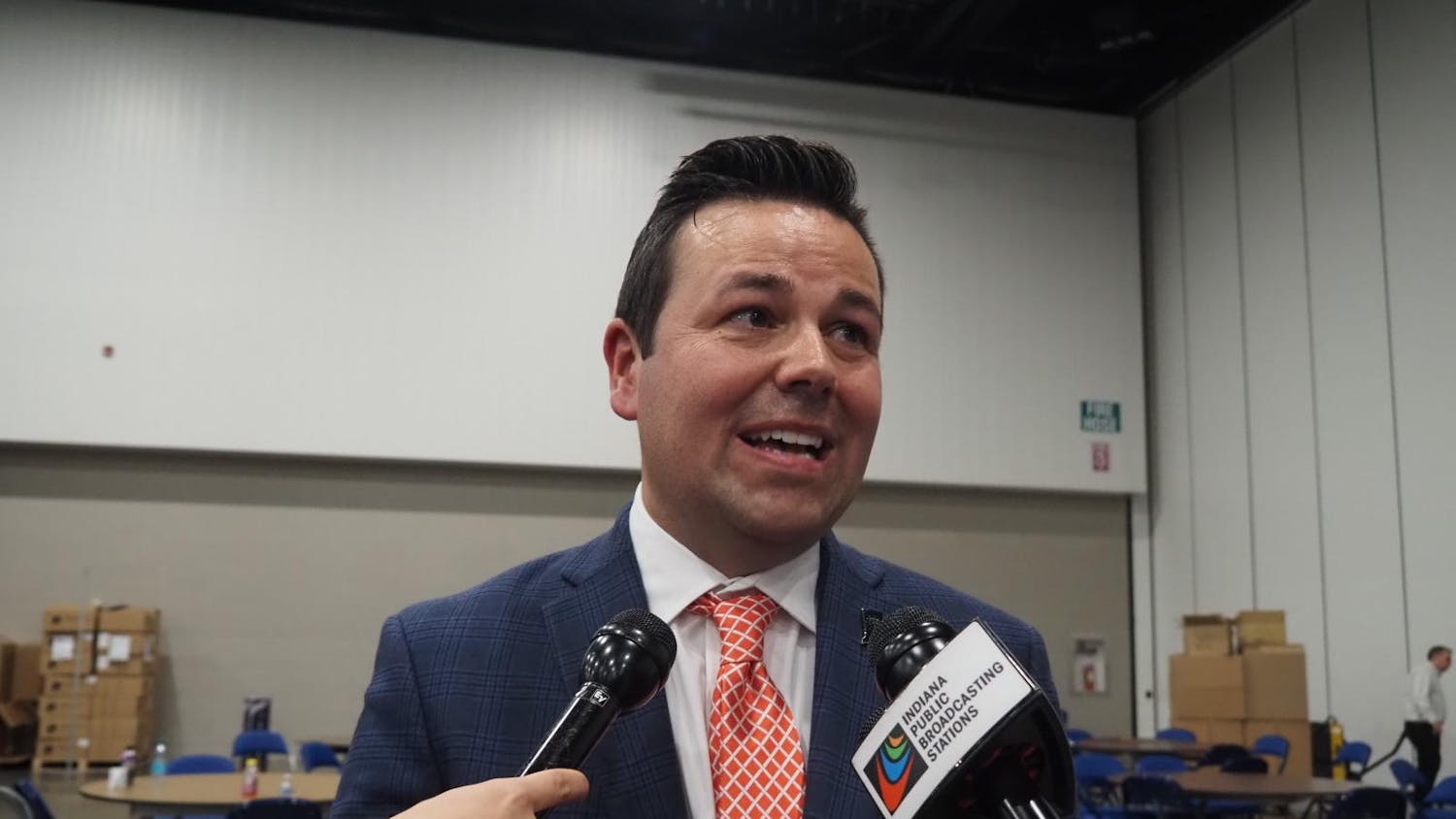A majority of Congress as well as President George W. Bush wants to repeal the estate tax (also called the death tax, because it taxes wealth passed on to heirs). The bill was enacted by Congress in 1916, to "break up the swollen fortunes of the rich," legislators said. \nBut its critics (including our congressman, John Hostettler) argue the tax instead takes money from the heirs of family farmers and small-business owners. The tax should be changed or repealed, they say. \nI want to share with you the results of my own research on the subject. And lest you think I selected arguments from liberal or left-wing sources, most of the following comes from an article published in Business Week. Liberal or left-wing? I think not.\nWho pays estate taxes? A small number of people with buckets of money, at least compared to most of us. According to the current law, you need an estate of more than $675,000 before the tax takes effect. That's why the tax was paid only by the wealthiest 2 percent of all estates in 1998. \nThe minimum will increase to $1 million in 2006. And estates left to spouses aren't taxed at all. In 1998, for example, half of all estate taxes were paid by the 5 percent of taxable estates with assets exceeding $5 million. And in 2000, more than 90 percent of estate taxes are expected to be paid by people with incomes exceeding $190,000 a year at the time of death.\nHow much estate tax do they pay? The rates are high. They start at 37 percent and rise to a maximum of 55 percent. \nBut those who have to pay it can reduce this by exemptions and charitable deductions. In 1997, the average tax paid on all taxable estates was just 17 percent, and only 25 percent on estates of $2.5-20 million.\nWho is hurt by the tax? There's no doubt the heirs of the very rich have their wealth reduced. But these are the very rich. And these large estates often include big capital gains that were never taxed because they were put into the estate. \nWhat about those family farmers and small-business owners -- aren't they hurt? Yes, the estates from some small businesses and farms are reduced considerably by the tax. But this problem is greatly exaggerated. In 1998, for example, out of about 50,000 estate tax returns, only 780 involved small businesses and 640 involved farms. And many of these cases involved special deductions and breaks, such as a 14-year period to pay taxes owed. \nFinally, remember the minimum wealth needed before the tax kicks in. It appears these aren't your run-of-the-mill family farms and businesses. They're the ones swallowing up the truly small family farms and businesses. What will be the result if the inheritance tax is repealed? It appears that inequality in wealth would increase further. \nA study by economist John Laitner of the University of Michigan found that, in the long run, repealing the estate tax could boost the share of wealth held by the top 1 percent of households by 20 percent or more. And by aiding the already largest and wealthiest small businesses and farms, repeal of the tax would increase the loss of truly small businesses and small to medium-sized family farms. Finally, the estate tax brings in a lot of revenue -- about $30 billion in 1998. So the federal treasury has less money, and the very rich have more. \nAnd guess what? I'll bet you federal expenses won't decline. Who is going to pay more to make up the difference? The rest of us. \nThe poor get poorer. Why would most members of Congress and Bush support repealing the estate tax? I don't know --but I will take a stab at it. First, the wealthy can make big campaign contributions. \nMoney talks in Washington, friends. How many $500 to $50,000-plate dinners did we hear about during the last campaign season? That wasn't you and me up there with our lips to the candidate's ear. Second, the wealthy do an exceptionally consistent job of voting. And many members of Congress are pretty darn wealthy themselves. \nThis issue just tugs at their heartstrings, er … pursestrings.
When the rich get richer
Get stories like this in your inbox
Subscribe





